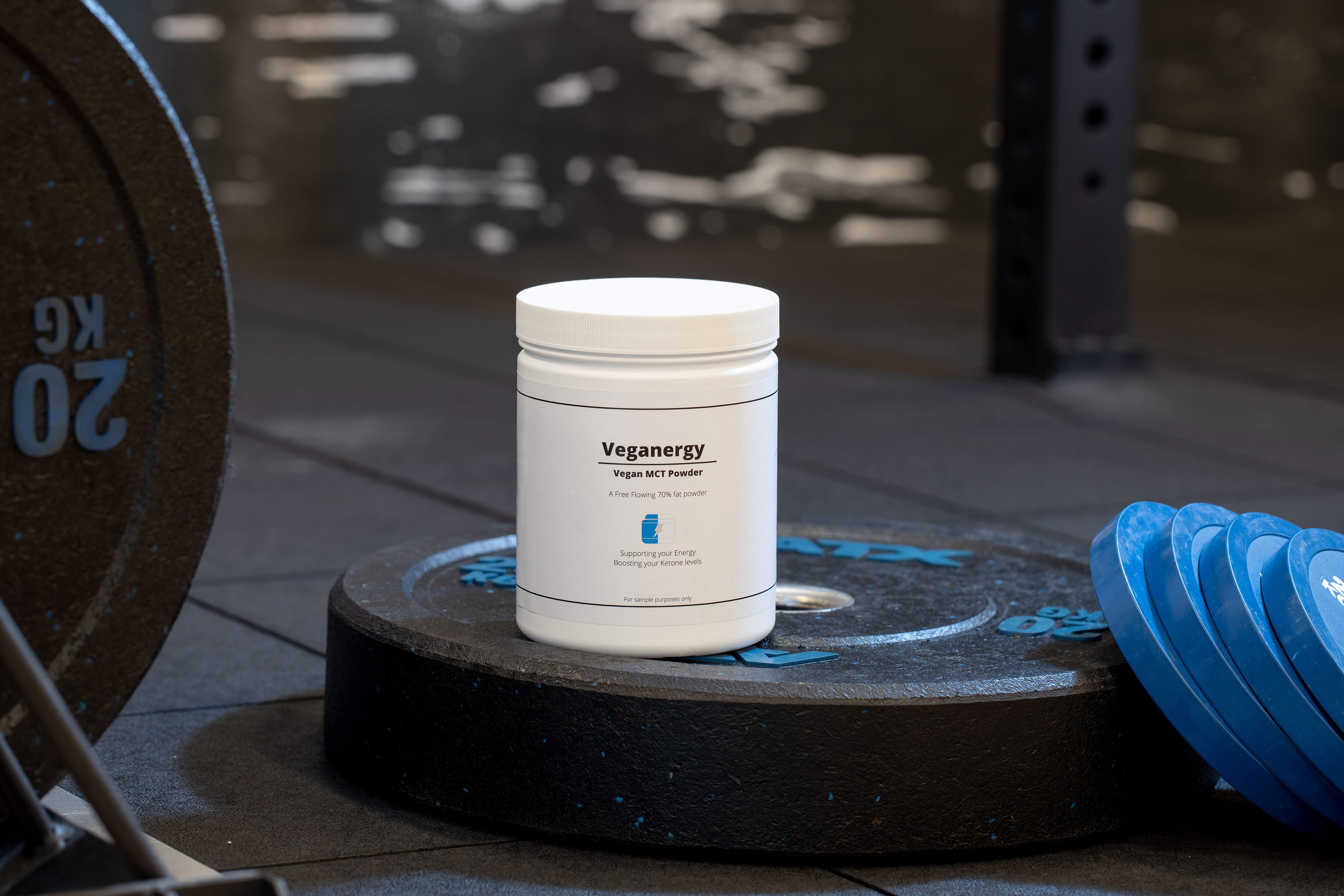The ketogenic diet (KD) involves a strict regiment of high-fat, low-carbohydrate and adequate protein consumption. By engaging in the diet, the body enters into the fasting state, altering metabolism and activating the process of burning fat and producing ketones for use as its primary fuel source.
KD is a popular dietary treatment for drug-resistant epilepsies. However, it is known to have side effects including constipation, low blood sugar, and stomach problems, along with challenges such as a lack of suitability for everyone and poor compliance.
Discovering a new supplement
K.Vita, also known as Betashot, is an oral liquid dietary supplement developed by University College London (UCL) in collaboration with Royal Holloway, University of London, and Vitaflo International.
The new supplement is the result of novel findings by UCL researchers, who discovered a different underlying mechanism to explain the KD’s effectiveness against epilepsy. In producing a new treatment, the researchers also strived to minimise the adverse side effects of undertaking a KD.
Keto diets and severe epilepsy
Motivated by their previous investigation into the mechanisms that indicate how KD works in epilepsy, in this study, the researchers sought to understand the impact and role a KD has on severe epilepsy in adults and children.
“We evaluated a newly developed medium chain triglyceride (type of dietary fat) supplement, designed to increase levels of decanoic acid, while also reducing the adverse side effects, and to be more palatable,” states Professor Matthew Walker, National Hospital for Neurology and Neurosurgery, UCL Queen Square Institute of Neurology. “The idea being that by avoiding (or reducing) the ketones, we could have a better-tolerated diet that would require much less specialist dietician input.”
For the feasibility trial, researchers sought to understand and identify participants' tolerance to the treatment by looking for the presence of side effects such as bloating or cramps; acceptability in terms of its flavour, texture, taste; and compliance.
As secondary outcomes, the team also analysed the frequency of epileptic seizures or number of fits, attacks or convulsions, otherwise known as paroxysmal events, and whether ketone production was decreased.
The study
A total of 35 children, aged between three and 18, with genetically-caused epilepsy and who were known to be unresponsive to drugs, were given K.Vita liquid supplements, along with 26 adults with drug-resistant epilepsy (DRE). The participants were also asked to limit high-refined sugary food and beverages from their diets.
By the end of the 12 weeks, 23/35 (66%) of children and 18/26 (69%) of adults had continued to take K.Vita for the full period and therefore completed the trial. The main reason for some participants having to stop was due to gastrointestinal disturbances, which decreased over time.
The researchers found the new supplement caused significant ketosis in fewer than 10% of participants, was well tolerated(even in people who had not tolerated the KD) was easy to administer, and reduced seizure frequency by 50% on average.
High ketone levels were not observed in over 90% of the participants. “This indicates that the effect of the diet was independent from ketosis; this is important because high ketone levels in the KDs contribute to both short- and longer-term side effects,” emphasizes Walker.
New understanding keto diet's role
Detailing how these findings contribute to our understanding of the role a KD plays in managing severe epilepsy in adults and children, Walker highlights: “They offer an alternative diet that avoids ketones and is easier to administer.”
The diet in the study “supports the preclinical work that certain fats have anti-seizure properties”, Walker relays. “[It] indicates that by increasing the intake of these whilst making minimal alterations to your diet, it may be possible to decrease seizures without having to be ketotic,” adds Walker.
The researchers’ findings on the understanding of severe epilepsy, and equally the role a KD can play have two key impacts. Firstly, they enable the design of possibly better-tolerated diets. Secondly, understanding the mechanisms of the diet will permit further refinements so that, as Walkers notes: “It may be possible to have a ‘diet in a pill’.”
As a preliminary study, the researchers needed to show that this new diet is well tolerated and can be effective. Further larger studies are now required to determine which epilepsies and conditions this new diet supplement may be most appropriate and successful in treating.
Source: Brain Communications
Schoeler N E, Orford M, Vivekananda U, et al
“K.Vita: a feasibility study of a blend of medium chain triglycerides to manage drug-resistant epilepsy”




